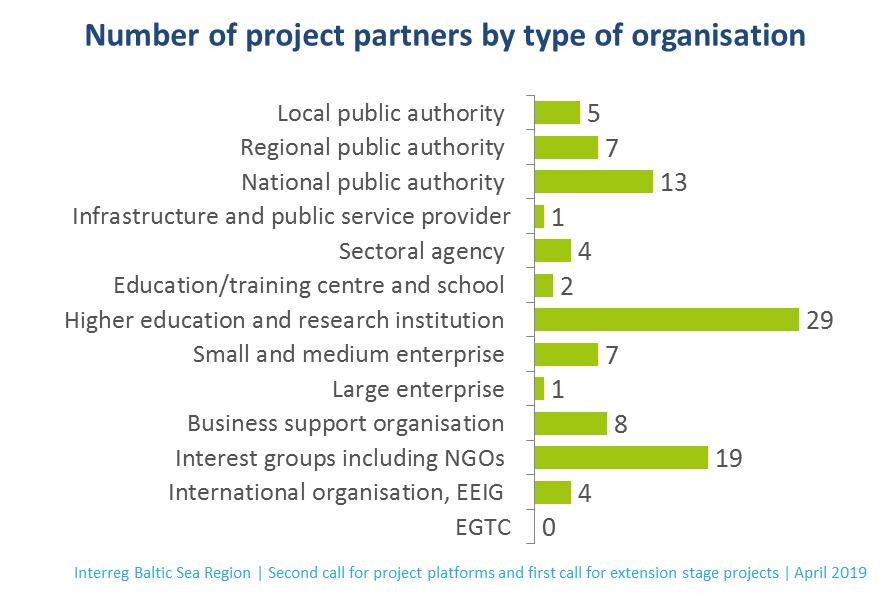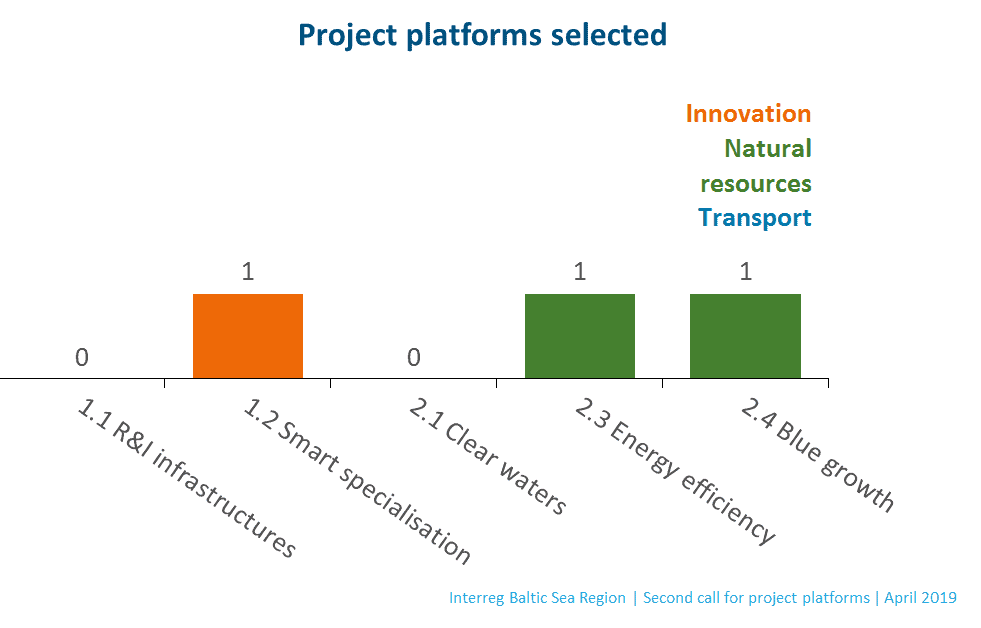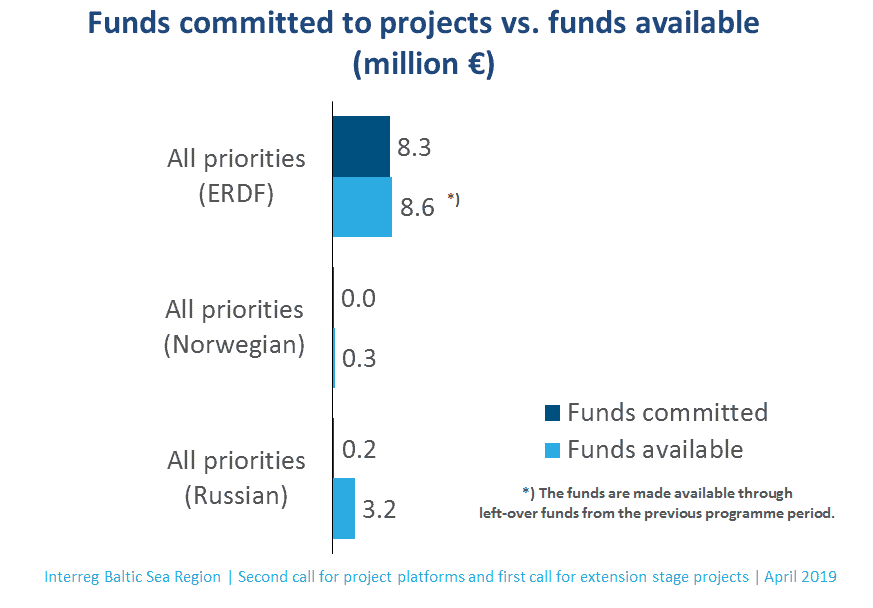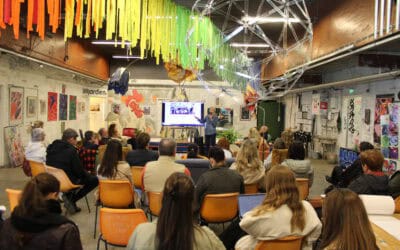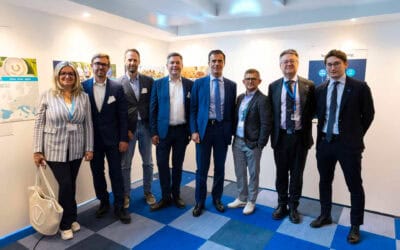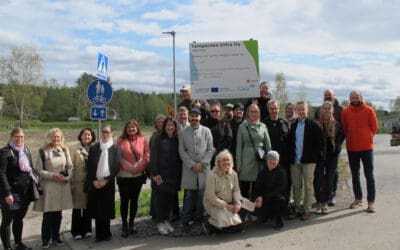At its meeting on 10-11 April in Lübeck, the Monitoring Committee of Interreg Baltic Sea Region selected twelve projects for funding. This includes three platform projects and nine extension stage projects. Both types of projects are meant to capitalise on the results of projects already funded within Interreg Baltic Sea Region.
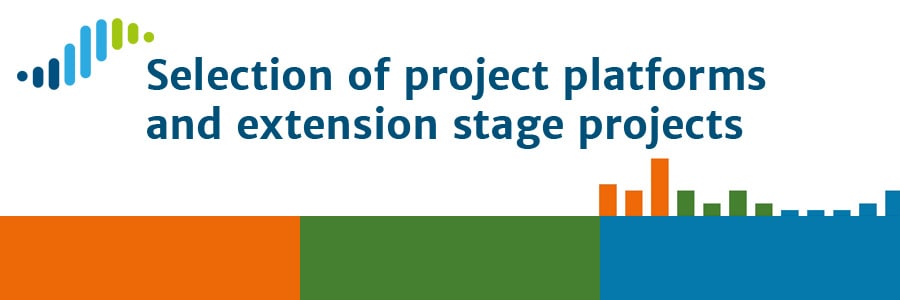
Two calls were launched in October 2018. A call for extension stage projects attracted 20 project proposals to continue successfully finalised projects. A call for project platforms resulted in six proposals. Now, the Monitoring Committee selected the most promising proposals.
Three project platforms approved
Project platforms are meant to support cooperation among partners of projects funded by different funding programmes in a certain thematic field in order to increase their impact. Platforms should ensure more intensive use, better durability and transferability of projects’ outcomes. Six project platforms have already started in autumn 2018, now three more platforms were selected. The Managing Authority/Joint Secretariat will organise a kick-off meeting for project platforms in summer 2019.
IBSR list of approved extension stage projects and project platforms
One example approved today is the platform Capacity4MSP, which is aimed at intensifying the dialogue between different practitioners involved in maritime spatial planning in the Baltic Sea Region. It brings together eleven projects from five funding Programmes, i.e. from Interreg South Baltic, HORIZON 2020, BONUS, the European Maritime and Fisheries Fund and Interreg Baltic Sea Region.
Nine extension stage projects approved
Extension stage projects are meant to continue recently finalised Interreg Baltic Sea Region projects to capitalise on their results and partnerships and to strengthen the utilisation of the outcomes of the regular projects. This call is the first extension stage call in Interreg Baltic Sea Region Programme for 2014-2020. Nine extension stage projects were now selected. There will not be any Lead Partner Seminar for extension stage projects.
The topics of extension stage projects cover for example:
- the DAIMON 2 project to advance the practical application of a Decision Aid for Marine Munitions developed in the main project,
- the NonHazCity 2 project to reduce the use of chemical products in several cities around the Baltic Sea region, and
- the project EMMA Extension which strives to further enhance freight mobility and logistics in the Baltic Sea region.
Here you can see the overall thematic coverage of selected projects by priority and specific objective:
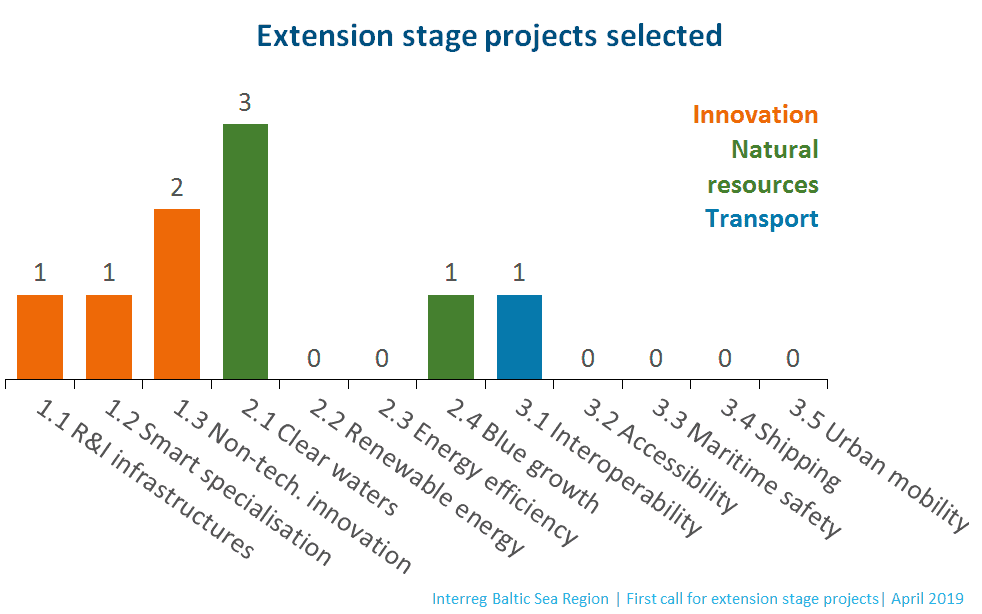
Funding for good project and project platform ideas
In both calls, as much as EUR 8.5 million was committed to the projects and project platforms to fund transnational cooperation.
Working together for the better region
All in all, 100 new partners from ten countries from the Programme area will work together in transnational projects to have their share in a more innovative, better accessible and sustainable Baltic Sea region. The majority of them are higher education and research institutions, interests groups, including non-governmental organisations as well as public authorities.
